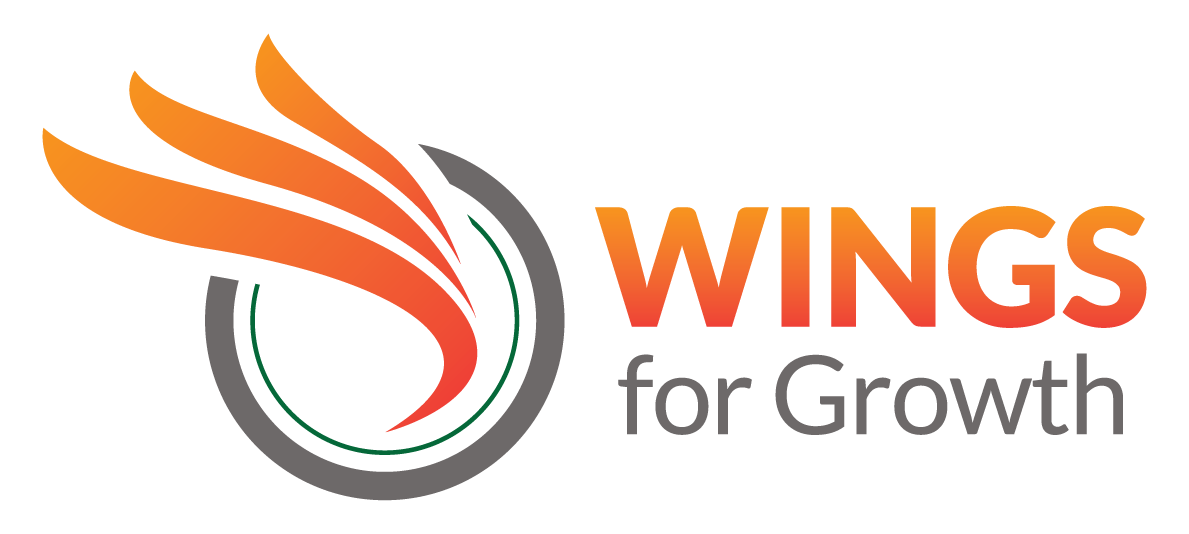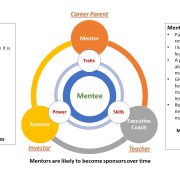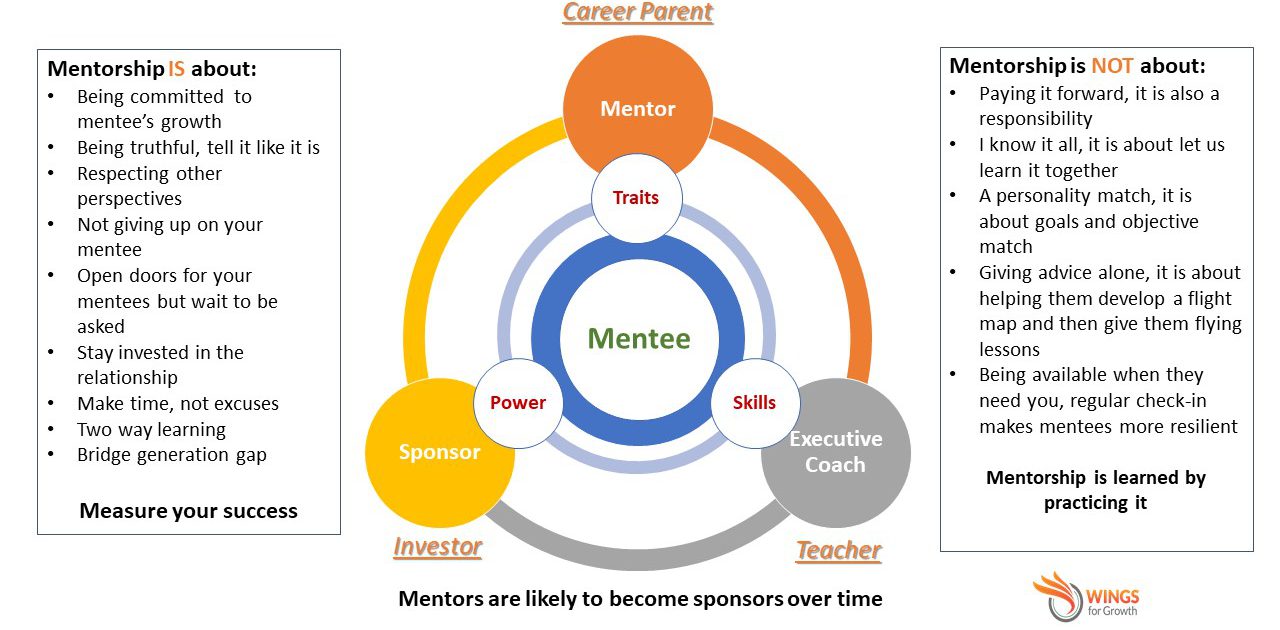“Resilience is knowing that you are the only one that has the power and the responsibility to pick yourself up.” – Mary Holloway
In this post, we showcase interviews we conducted with professionals of various ages and backgrounds to understand what resiliency means to the working professional. As before, our interviewees are anonymous.
Interview 1: Male professional, Manager in Imports & Exports Industry
Q: In a brief sentence, explain what resiliency means to you.
A: Resiliency means overcoming challenges and to move forward from them.
Q: On a scale of 1-10, how often do you experience stress at your job? Would your colleagues agree?
A: I rate 8 out of 10. My job is quite stressful as it involves working with company management and customers directly and I have to manage all of those relationships. I think I experience more stress than my colleagues because of my role.
Q: Can you describe a stressful situation you experienced at work? How did you cope? How do you cope with daily stress?
A: We had some terrible miscommunication with a customer and it fell on my shoulders to mend the relationship and to enjoy the orders that were placed went through. It was a time sensitive situation that became very stressful as there was pressure from all sides. I spoke to colleagues to gain clarity and to identify a plan to manage the situation. I also referred to my boss for advice. I like to unwind by watching TV or movies and to read.
Q: Do you believe your boss or management understands the stress you go through at work? Have they ever helped with stressful situations?
A: I think my boss understands there are difficult times at work but that is rarely discussed with me. There is an expectation that I need to get the work done no matter what and I have not been extended help or support many times. I think this is a place for improvement.
Q: Has resiliency been a topic of discussion at your workplace? Do you think it is important?
A: Resiliency has come up at my office but because I am a manager it is expected of me that I should be able to handle everything and that I should be able to take on the emotional stress that my team faces. I think resiliency is very important, especially at the management level. I believe it is assumed that managers don’t feel stress and its effects but that is false and more support needs to be provided to management.
Q: Do you think enough is being done to foster resiliency in employees? If not, what can be done?
A: No. There are several ways resiliency can be fostered in employees such as:
- Encouraging interaction at work and cultivating a team spirit
- Not allowing things to develop out of control
- Encouraging learning by experience rather than reprimanding employees
- Celebrating successful outcomes to boost morale
- Mentoring employees to build effective communication and stress-management techniques
- Encouraging relaxation techniques such as yoga, meditation and to promote overall well-being
Interview 2: Female professional, English Teacher at an Elementary School
Q: In a brief sentence, explain what resiliency means to you.
A: Resiliency means to bounce back in the face of challenges and adversity.
Q: On a scale of 1-10, how often do you experience stress at your job? Would your colleagues agree?
A: I would rate a 6 on that scale normally. There are times in the year that are more stressful than others, especially when it comes to preparing for exams or grading projects and assignments. I think my colleagues would agree with my assessment, though I think they experience additional stress due to varying job roles.
Q: Can you describe a stressful situation you experienced at work? How did you cope? How do you cope with daily stress?
A: I have had many stressful experiences at work. One incident that comes to mind is when I was asked to prepare a group of students for a public performance at short notice. I was entrusted with complete planning, organizing and execution. The expectations of the performance and outcome caused me anxiety and stress and I had a couple of sleepless nights. To cope, I tried to remain as positive as possible and over-prepared so nothing would be left to chance. I meditate and turn to religion to cope with daily stress.
Q: Do you believe your boss or management understands the stress you go through at work? Have they ever helped with stressful situations?
A: It depends on the person, one of my bosses is more understanding than the other. I believe it is because she started in the role I am in now. However, I think ultimately it comes down to delivering results and keeping our students and parents happy which can take a toll on teachers. Some members of the management team try to be understanding of deadlines and stressful periods during the year but we still get tasks piled on us last minute.
Q: Has resiliency been a topic of discussion at your workplace? Do you think it is important?
A: Yes, stress and resilience has been something I have discussed in the workplace. Usually when I am faced with a stressful situation, I go to my colleagues for emotional support and encouragement. This helps me adapt and stay positive. Resiliency is a very important quality to ensure we bounce back from obstacles.
Q: Do you think enough is being done to foster resiliency in employees? If not, what can be done?
A: I think more can be done to foster resiliency in the workplace. Employers have a responsibility to foster resiliency in the workplace by understanding their employees’ needs and mental state and by encouraging employees through difficult times.
Interview 3: Female professional, Engineer
Q: In a brief sentence, explain what resiliency means to you.
A: To me, it means sticking around during difficult situation.
Q: On a scale of 1-10, how often do you experience stress at your job? Would your colleagues agree?
A: I would say typically 6/10. My colleagues would definitely agree with that assessment- we get a pretty fair share of workload. There are times in the year that are more stressful than normal.
Q: Can you describe a stressful situation you experienced at work? How did you cope? How do you cope with daily stress?
A: One of my ex-managers did not know how to properly train new employees and humiliated us often. What helped me through that situation was having other wonderful managers that balanced the stress and had a better understanding of us as employees and individuals. I used to pray to deal with daily stress but don’t anymore. I struggle to cope with daily stress now.
Q: Do you believe your boss or management understands the stress you go through at work? Have they ever helped with stressful situations?
A: Yes, I believe the management at my workplace does. I once went to my boss regarding the ex-manager I mentioned earlier and how difficult it was to work with them. My boss explained to me that different people have different working styles and that put things in perspective for me. No one is perfect and I learned to adapt once I understood that.
Q: Has resiliency been a topic of discussion at your workplace? Do you think it is important?
A: Yes it has come up. What I mean is that my colleagues and I have discussed difficult situations we have been in and have encouraged each other to stick through it. I am not entirely sure if resiliency is important.
Q: Do you think enough is being done to foster resiliency in employees? If not, what can be done?
A: Yes, I think so. The managers at my workplace try to keep us motivated by giving us promotions, pay raises and mentorship. We also tend to have a close relationship with the managers so that allows them to gauge our stress levels and they are understanding if work needs to be reshuffled.
Main Takeaways:
- As with the student group, employees are well versed in what resiliency means and most agree it is important both for personal well-being and especially in the workplace.
- Employees tend to experience stress that is greater than a moderate level of stress which can be considered 5/10 on our scale. Stress levels increase with experience and that is observed in industry as well and can impact management style. (link: https://www.forbes.com/sites/victorlipman/2016/10/12/how-you-handle-stress-is-a-key-to-management-success/#4cd1e88826d1)
- Stress at work originates from several sources including sudden changes in job role or task, managing client relations or poor management. It goes to show that stress can be universal in every job and level.
- Bosses and management need to do a better job at managing employees’ stress and fostering a resilient mindset. Some employees believed their management were doing a good job but the majority believed more could be done. Empathy and awareness from management can lead to a greater understanding of employees and their workloads thereby bringing resiliency to the workplace.
- Resiliency is a topic of discussion at the workplace. Employees manage stress by engaging in personal activities or by turning to religion and meditation. Only some employees believed their management was successful at helping them cope with stress.
About the Author:
Roshni Ramaswamy has recently graduated from Georgia Institute of Technology, majoring in Chemical and Biomolecular Engineering and a proud mentee of the WINGS Signature Program. She is a Project Engineer at Environmental Planning Specialists. She enjoys sharing her perspectives on mentoring, resilience, academic life, professional development among a myriad other topics. Follow Roshni at the link shared for her viewpoints.






